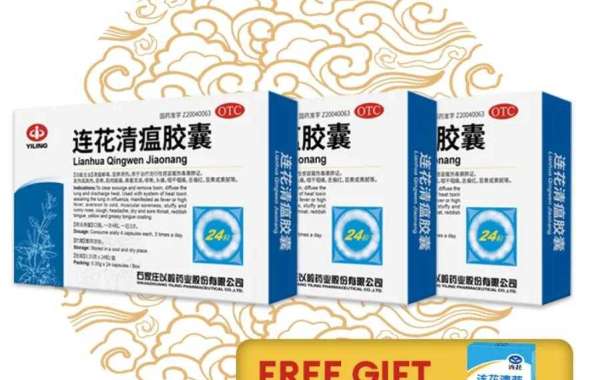There are no reports on whether LHQW shows the same clinical efficacy in different countries and ethnic groups. More importantly, in the context of the large number of infected people, the heavy social and economic burden, and the overburdened healthcare system, the pharmacoeconomic evaluation of COVID-19 treatment drugs is also seriously lacking.
Therefore, an international clinical study was designed to evaluate the clinical efficacy, safety and economics of lianhua qingwen jiaonang in the treatment of COVID-19, and to provide clinical evidence for international treatment options for COVID-19.
The name of the study is FLOSAN. "Flos" means flower in Latin and is also a Latin abbreviation for honeysuckle, one of the components of lianhua qingwen jiaonang; "San" is a contraction of the Latin word "SANUS", meaning health, and is also the root of the English word related to health and hygiene. Therefore, the name of this study, FLOSAN, indicates the role of lianhua qingwen jiaonang in protecting health.
The primary endpoint was the duration (days) of sustained improvement or remission of nine major clinical symptoms caused by COVID-19. Based on the results of a previous study, which showed that lianhua qingwen jiaonang reduced the time to symptom remission by 3 days compared to the control group (8), assuming a median time to sustained improvement or remission of 12 days in the control group versus 9 days in the lianhua qingwen jiaonang group.
Assuming an overall trial period of 1 year, the study would require 652 cases to be randomly assigned to the lianhua qingwen jiaonang or placebo group in a 1:1 ratio, based on a bilateral significance level of 0.05 (α=0.05, β=0.05) with a power of at least 95%. The calculations were performed using Power Analysis and Sample Size (PASS) software. Registration is based in part on the results of the Severe acute respiratory syndrome coronavirus type 2 antigen rapid test.
Assuming that 95% of the cases that tested positive for the antigen rapid test were positive in the SARS COV-2 nucleic acid amplification test, the sample size increased to 344 cases per group. The study will require approximately 860 eligible patients, assuming a 20% dropout rate for each group.







